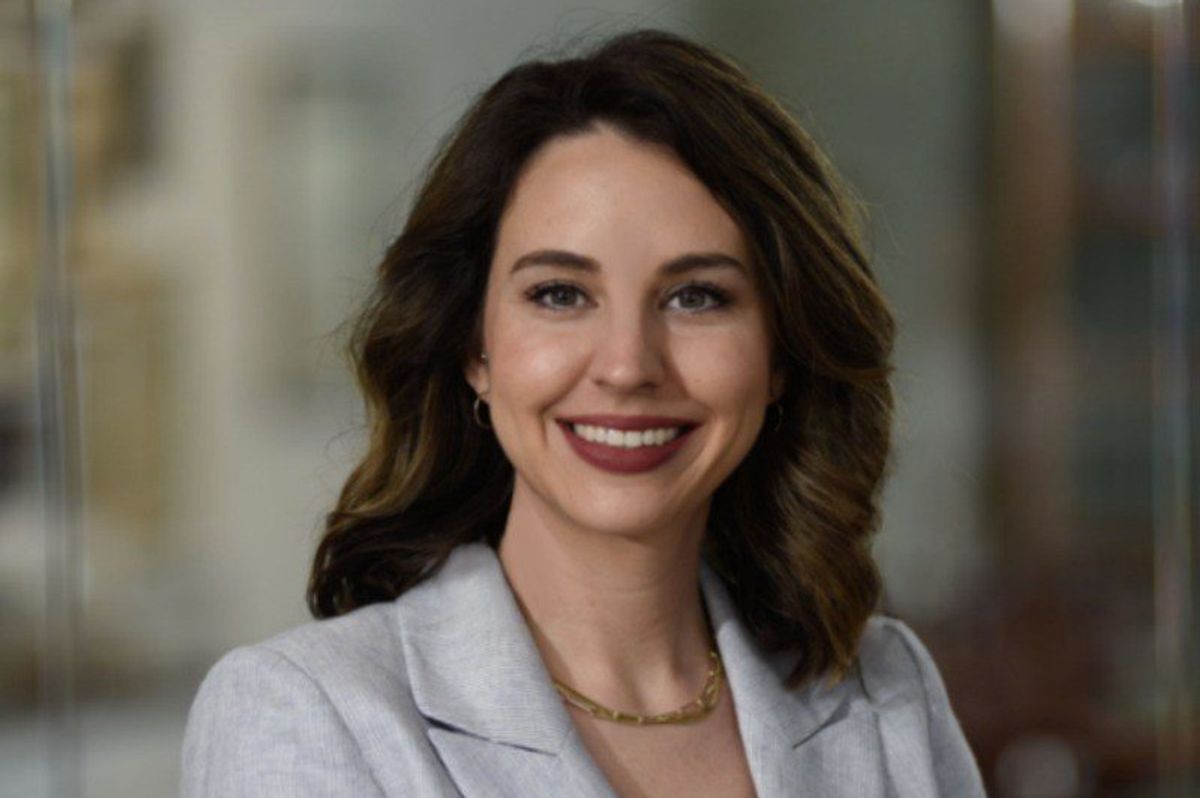Fifty-one scientists and professors from Houston-area universities and institutions were named among the most cited in the world for their research in medicine, materials sciences and an array of other fields.
The Clarivate Highly Cited Researchers considers researchers who have authored multiple "Highly Cited Papers" that rank in the top 1percent by citations for their fields in the Web of Science Core Collection. The final list is then determined by other quantitative and qualitative measures by Clarivate's judges to recognize "researchers whose exceptional and community-wide contributions shape the future of science, technology and academia globally."
This year, 6,868 individual researchers from 60 different countries were named to the list. About 38 percent of the researchers are based in the U.S., with China following in second place at about 20 percent.
However, the Chinese Academy of Sciences brought in the most entries, with 258 researchers recognized. Harvard University with 170 researchers and Stanford University with 141 rounded out the top 3.
Looking more locally, the University of Texas at Austin landed among the top 50 institutions for the first time this year, tying for 46th place with the Mayo Clinic and University of Minnesota Twin Cities, each with 27 researchers recognized.
Houston once again had a strong showing on the list, with MD Anderson leading the pack. Below is a list of the Houston-area highly cited researchers and their fields.
UT MD Anderson Cancer Center
- Ajani Jaffer (Cross-Field)
- James P. Allison (Cross-Field)
- Maria E. Cabanillas (Cross-Field)
- Boyi Gan (Molecular Biology and Genetics)
- Maura L. Gillison (Cross-Field)
- David Hong (Cross-Field)
- Scott E. Kopetz (Clinical Medicine)
- Pranavi Koppula (Cross-Field)
- Guang Lei (Cross-Field)
- Sattva S. Neelapu (Cross-Field)
- Padmanee Sharma (Molecular Biology and Genetics)
- Vivek Subbiah (Clinical Medicine)
- Jennifer A. Wargo (Molecular Biology and Genetics)
- William G. Wierda (Clinical Medicine)
- Ignacio I. Wistuba (Clinical Medicine)
- Yilei Zhang (Cross-Field)
- Li Zhuang (Cross-Field)
Rice University
- Pulickel M. Ajayan (Materials Science)
- Pedro J. J. Alvarez (Environment and Ecology)
- Neva C. Durand (Cross-Field)
- Menachem Elimelech (Chemistry and Environment and Ecology)
- Zhiwei Fang (Cross-Field)
- Naomi J. Halas (Cross-Field)
- Jun Lou (Materials Science)
- Aditya D. Mohite (Cross-Field)
- Peter Nordlander (Cross-Field)
- Andreas S. Tolias (Cross-Field)
- James M. Tour (Cross-Field)
- Robert Vajtai (Cross-Field)
- Haotian Wang (Chemistry and Materials Science)
- Zhen-Yu Wu (Cross-Field)
Baylor College of Medicine
- Nadim J. Ajami (Cross-Field)
- Biykem Bozkurt (Clinical Medicine)
- Hashem B. El-Serag (Clinical Medicine)
- Matthew J. Ellis (Cross-Field)
- Richard A. Gibbs (Cross-Field)
- Peter H. Jones (Pharmacology and Toxicology)
- Sanjay J. Mathew (Cross-Field)
- Joseph F. Petrosino (Cross-Field)
- Fritz J. Sedlazeck (Biology and Biochemistry)
- James Versalovic (Cross-Field)
University of Houston
- Zhifeng Ren (Cross-Field)
- Yan Yao (Cross-Field)
- Yufeng Zhao (Cross-Field)
- UT Health Science Center Houston
- Hongfang Liu (Cross-Field)
- Louise D. McCullough (Cross-Field)
- Claudio Soto (Cross-Field)
UTMB Galveston
- Erez Lieberman Aiden (Cross-Field)
- Pei-Yong Shi (Cross-Field)
Houston Methodist
- Eamonn M. M. Quigley (Cross-Field)
- UH, Baylor researchers make breakthrough with new pediatric leukemia treatment device ›
- Houston scientist wins Nobel Prize for breakthrough cancer treatment ›
- Rice University team develops eco-friendly method to destroy 'forever chemicals' in water ›
- These elite Houston researchers were named among the most-cited in their fields ›





